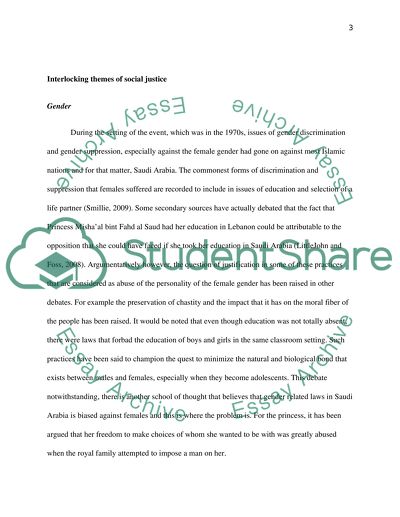Cite this document
(“A death of princess (Misha'al bint Fahd al Saud) Research Paper”, n.d.)
Retrieved from https://studentshare.org/gender-sexual-studies/1486265-a-death-of-princess-misha-al-bint-fahd-al-saud
Retrieved from https://studentshare.org/gender-sexual-studies/1486265-a-death-of-princess-misha-al-bint-fahd-al-saud
(A Death of Princess (Misha'Al Bint Fahd Al Saud) Research Paper)
https://studentshare.org/gender-sexual-studies/1486265-a-death-of-princess-misha-al-bint-fahd-al-saud.
https://studentshare.org/gender-sexual-studies/1486265-a-death-of-princess-misha-al-bint-fahd-al-saud.
“A Death of Princess (Misha'Al Bint Fahd Al Saud) Research Paper”, n.d. https://studentshare.org/gender-sexual-studies/1486265-a-death-of-princess-misha-al-bint-fahd-al-saud.


